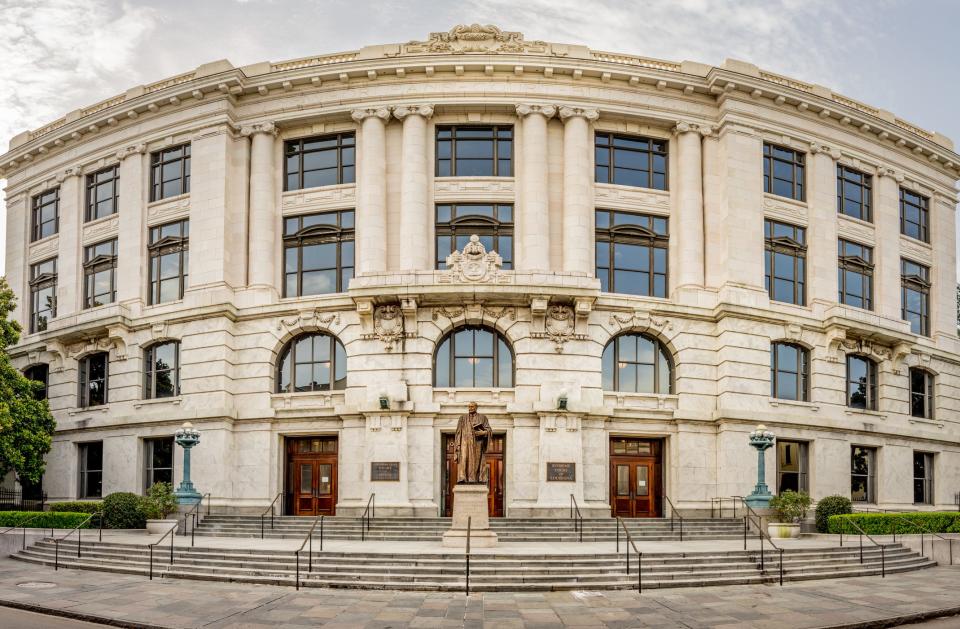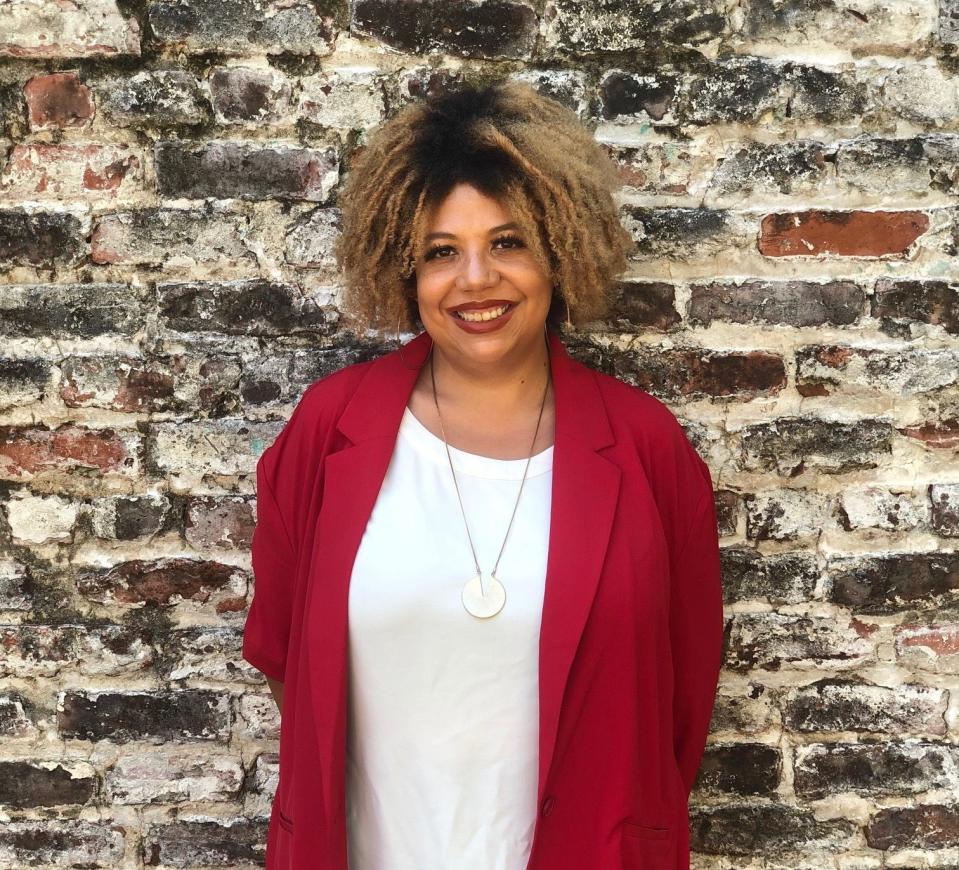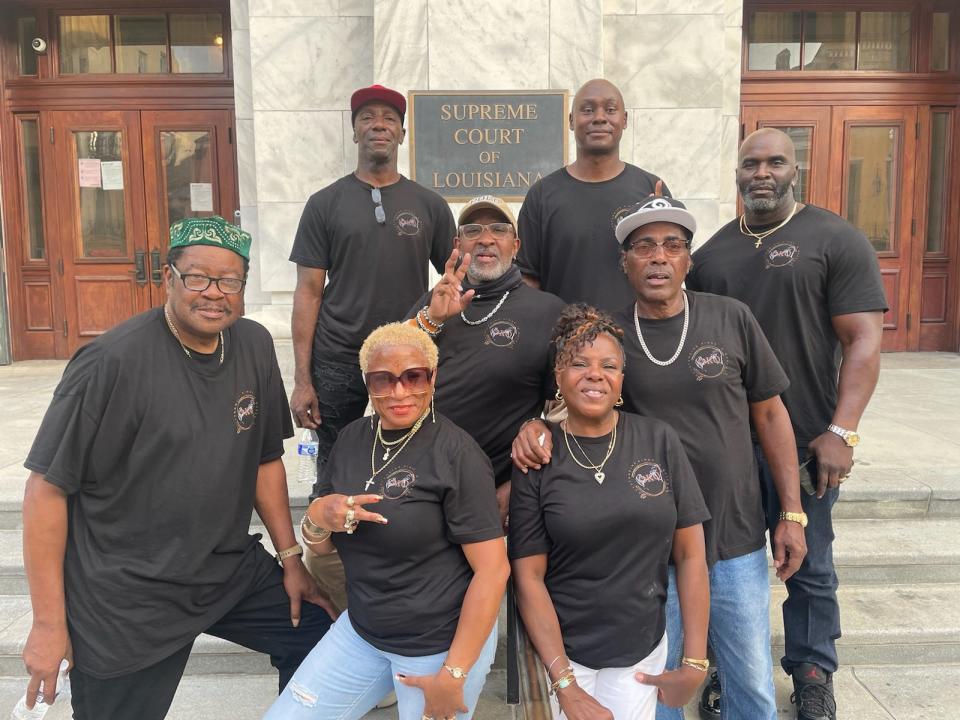Louisiana Supreme Court hears arguments on those convicted by 'Jim Crow' juries
The Louisiana Supreme Court will decide the fate of roughly 1,500 people still in prison on verdicts that were deemed unconstitutional.
The court heard arguments in Reddick v. Louisiana on Tuesday afternoon, from attorneys from the Promise of Justice Initiative and the Louisiana State Attorney General's Office.
Reginald Reddick from Plaquemines Parish was convicted by a nonunanimous jury in 1997 after a 10-2 vote found him guilty of second-degree murder. He was then sentenced to life in prison.

“Our brother Reggie is not guilty. He has spent the last 30 in prison for something he did not do. We are hopeful that with the grace of God, Reggie is coming home to us. He lost his little girl to a fire, his son grew up without him. It has been very hard for all of us,” Charlene Reddick, his sister, said. “Our brother is a sweet person, he always cared about people. He is not a violent person. He never did what they claimed he did.”
"What we're looking at is, why were Louisianans deprived of their constitutional rights, black or white," said Jamila Johnson, Deputy Director of PJI and counsel for Reddick.
The Reddick case argued that more than 1,500 people who remain incarcerated as a result of nonunanimous jury verdicts should have access to a legal remedy.
More: Who gets a fair trial? Louisiana supreme court to decide fate of Jim Crow Jury convictions

These verdicts were nicknamed “Jim Crow Jury” convictions because of the role that they played in implicitly working to maintain white supremacy in Louisiana.
Shae McPhee, of the AG's office said, "In 2018, the people spoke to this issue. Mr. Reddick, was given a trial and he received a process that was due under the Constitution as it was understood at the time, and to allow him to continually relitigate the same issue just eats up the resources of the state."
"We actually don't have that large of a burden caused by these cases," said Johnson.
Supreme Court Justice John Weimer of Thibodaux asked on multiple occasions if this was all or nothing.
"Justice Cavanaugh has a nice way of putting it, which I think is important to this court because it suggests this isn't going to happen very often," said Johnson. "This isn't a new rule that will lead to a retroactivity analysis that will come back often for this court. It is what he says our last Jim Crow law, and we can fix that here."
Read: How a Shreveport man continues to fight for those affected by Jim Crow jury convictions

“Today we carried the voices of hundreds of Louisianans to the place that can right a historic wrong—the Louisiana Supreme Court. Now we wait, in solidarity with those deprived of their constitutional rights because of this Jim Crow law, to see if the Court changes our collective future,” said Johnson.
Brandon Jackson who is out on parole after being convicted by a nonunanimous jury joined a group outside the Louisiana Supreme Court building where they gathered in prayer.
In the legislature: Bill creates possible parole path for Jim Crow non-unanimous jury convictions in Louisiana

Makenzie Boucher is a reporter with the Shreveport Times. Contact her at mboucher@gannett.com.
This article originally appeared on Shreveport Times: Louisiana Supreme Court hears arguments on those convicted by 'Jim Crow' juries

